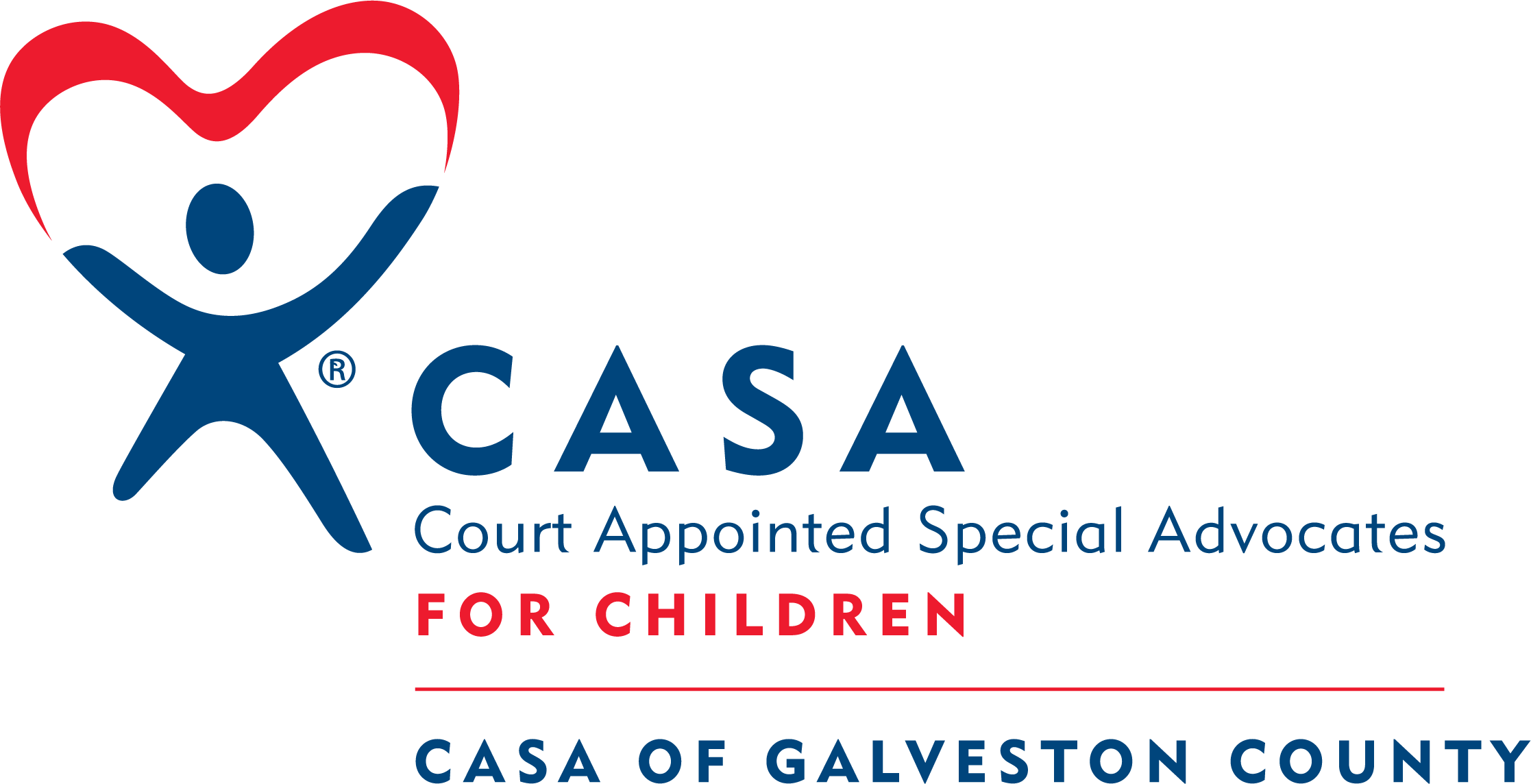FIERCE AdvocaCY
DEFINING FIERCE ADVOCACY – THE CASA WAY
“Don’t take ‘no’ for an answer, never submit to failure … You make all kinds of mistakes, but as long as you are generous and true and also fierce, you cannot hurt the world or even seriously distress her.” – Winston Churchill
Churchill could have been encouraging a CASA volunteer to keep advocating for a child’s best interests despite obstacles and setbacks. And, this is exactly what we mean by “fierce advocacy,” the theme of the 2013 Texas CASA Conference.
“Fierce Advocacy – the CASA Way” means we will not settle for less than the best for children in foster care. We strive for these children to be treated like we treat our own children. After all, they are OUR children.
“Fierce Advocacy” can be viewed as an acronym standing for:
F ollow-up and follow-through on the needs of the assigned child
I nspire others, involved in the delivery of services, inclusive in who is spoken to about the child’s needs
E ncourage the child, engagement of others
R ally all involved in the child’s case towards a successful outcome, respectful yet relentless
C ollaborate, communicate, show compassion
E mpower the child
Take Reginald, for example. He was appointed two years ago to Manny, 13, who has been in foster care for seven years. Manny is prone to violent outbursts, caused by the physical and emotional abuse he suffered and the repeated rejections as he has endured after multiple placements, two failed adoptions and encounters with the juvenile justice system. Many people had given up on Manny by the time Reginald was appointed.
But giving up is not in Reginald’s vocabulary. He continues to advocate relentlessly so Manny gets help for his physical, educational and psychological needs. Reginald convinced Manny’s Child Protective Services caseworker to move Manny from a residential treatment center far from his home to a therapeutic foster home. Now he’s able to play football and visit his extended family. Reginald has graciously dealt with numerous twists and turns during the case, including new placements, changes in caseworkers, and doctors who wanted to put Reginald on psychotropic drugs. All the while, Reginald remains committed to Manny and to finding him a safe, permanent home when everyone else has given up. Reginald has no doubt that Manny has a future with possibility. Reginald is a fierce advocate.
Vicki Spriggs
Chief Executive Officer, Texas CASA
September 2013
